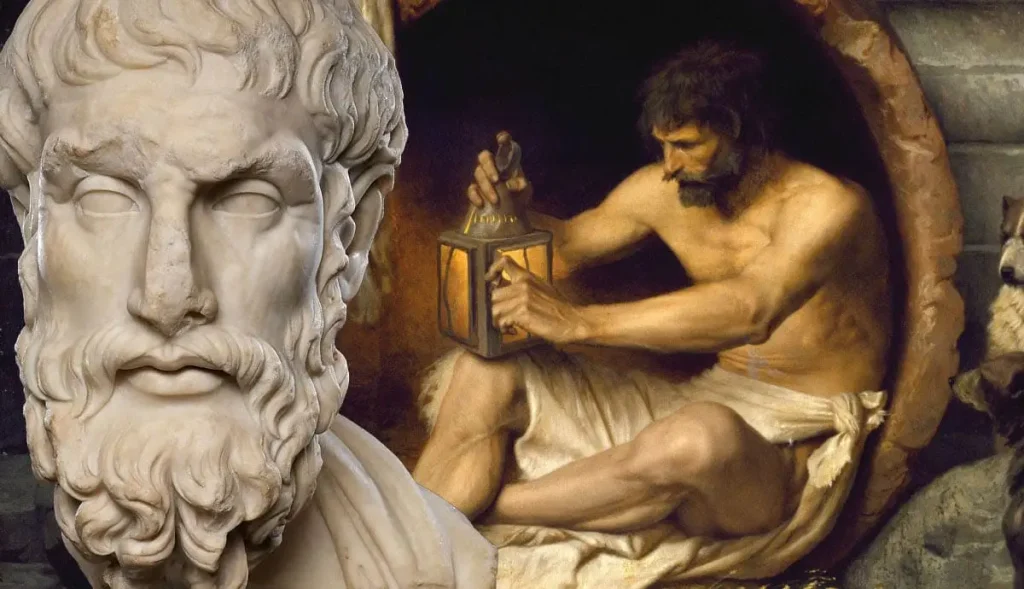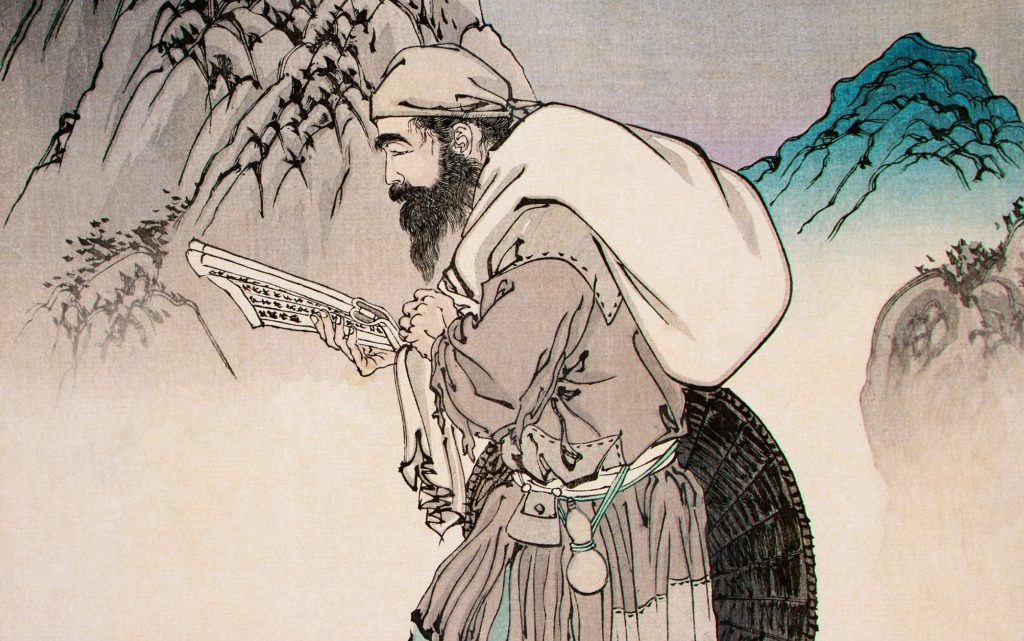Table of Contents
Ancient philosophy, particularly from the Greek, Roman, Indian, and Chinese traditions, has left an indelible mark on modern thought. The foundational ideas developed by philosophers such as Socrates, Plato, Aristotle, Confucius, and the Buddha continue to shape contemporary discussions in ethics, politics, metaphysics, and epistemology. These ancient thinkers addressed questions about existence, knowledge, and morality that remain relevant today, offering insights that continue to influence and guide modern intellectual discourse.

The Roots of Western Thought: Greek Philosophy
Greek philosophy is often considered the cornerstone of Western thought. The ideas developed by ancient Greek philosophers have profoundly influenced modern philosophy, science, and political theory. Socrates, known for his method of questioning, laid the groundwork for critical thinking and the Socratic method, which is still used in education to encourage deep inquiry and dialogue.
Plato, a student of Socrates, contributed significantly to Western thought with his theory of Forms, which posits that the material world is a shadow of a higher, unchanging reality. This idea has influenced various fields, including metaphysics, theology, and ethics. Plato&8217;s Republic also laid the foundation for political philosophy, exploring concepts of justice, governance, and the ideal state.
Aristotle, a student of Plato, took a different approach by emphasizing empirical observation and logic. His works on logic, ethics, and natural sciences have shaped the development of Western science and philosophy. Aristotle&8217;s Nicomachean Ethics, which discusses the concept of virtue and the &8220;golden mean,&8221; remains a cornerstone in ethical theory, influencing contemporary debates on moral behavior and human flourishing.
Roman Contributions: Stoicism and Epicureanism
Roman philosophy, heavily influenced by the Greeks, also contributed significantly to modern thought. Stoicism, founded by Zeno of Citium and later developed by philosophers like Seneca, Epictetus, and Marcus Aurelius, emphasized the importance of virtue, rationality, and self-control. The Stoic idea that one should live in accordance with nature and accept what cannot be changed has found resonance in modern psychology, particularly in cognitive-behavioral therapy (CBT), which encourages individuals to reframe negative thoughts and focus on what they can control.
Epicureanism, founded by Epicurus, offered a different perspective, advocating for the pursuit of pleasure and the avoidance of pain as the primary goals of life. However, Epicurus defined pleasure as the absence of pain and emphasized the importance of simple living, friendship, and intellectual pursuits. This philosophy has influenced modern hedonism and utilitarianism, particularly the idea that the greatest happiness for the greatest number should be the aim of ethical decision-making.

Eastern Philosophies: Indian and Chinese Thought
While Western philosophy has been deeply influenced by Greek and Roman thinkers, Eastern philosophies from India and China have also played a crucial role in shaping modern thought. Indian philosophy, particularly the teachings of the Buddha, has had a profound impact on contemporary discussions in ethics, psychology, and spirituality. The Buddha&8217;s teachings on the nature of suffering, impermanence, and the path to enlightenment have influenced modern mindfulness practices and therapeutic approaches, emphasizing the importance of self-awareness, compassion, and inner peace.
Hindu philosophy, with its concepts of Dharma (duty/righteousness), Karma (action/consequence), and Moksha (liberation), has also contributed to modern understandings of ethics, spirituality, and the nature of the self. The Bhagavad Gita, a key text in Hindu philosophy, explores these themes in depth and continues to be studied for its insights into duty, morality, and the human condition.
Chinese philosophy, particularly Confucianism and Daoism, has also left a lasting legacy. Confucianism, founded by Confucius, emphasizes the importance of social harmony, moral integrity, and the cultivation of virtuous character. These ideas have influenced modern discussions on ethics, governance, and education, particularly in East Asian cultures. Daoism, attributed to Laozi, offers a different perspective, advocating for simplicity, spontaneity, and living in harmony with the Dao (the Way). The Daoist emphasis on balance and naturalness has influenced contemporary environmental philosophy and the modern emphasis on sustainable living.
The Enduring Legacy of Ancient Philosophy
The influence of ancient philosophy on modern thought is vast and varied, with ancient ideas continuing to shape contemporary debates in multiple fields. In ethics, the questions raised by Socrates, Confucius, and the Buddha about how to live a good life remain central to moral philosophy. In politics, Plato&8217;s Republic and Aristotle&8217;s Politics continue to inform discussions on justice, governance, and the role of the state. In science, Aristotle&8217;s emphasis on observation and logic laid the groundwork for the scientific method, while Eastern philosophies have contributed to holistic and integrative approaches to health and well-being.
Moreover, the resurgence of interest in Stoicism, mindfulness, and Eastern spiritual practices in the modern world highlights the enduring relevance of ancient wisdom in addressing contemporary challenges. In a fast-paced, often chaotic world, these ancient philosophies offer timeless guidance on how to live a meaningful and balanced life.

Conclusion
The influence of ancient philosophy on modern thought is a testament to the enduring power of human inquiry and the search for truth. The ideas developed thousands of years ago continue to resonate today, providing valuable insights into the human condition and guiding contemporary discussions in ethics, politics, science, and spirituality. As we continue to navigate the complexities of modern life, the wisdom of ancient philosophers serves as a reminder of the timeless questions that unite us across cultures and generations.
